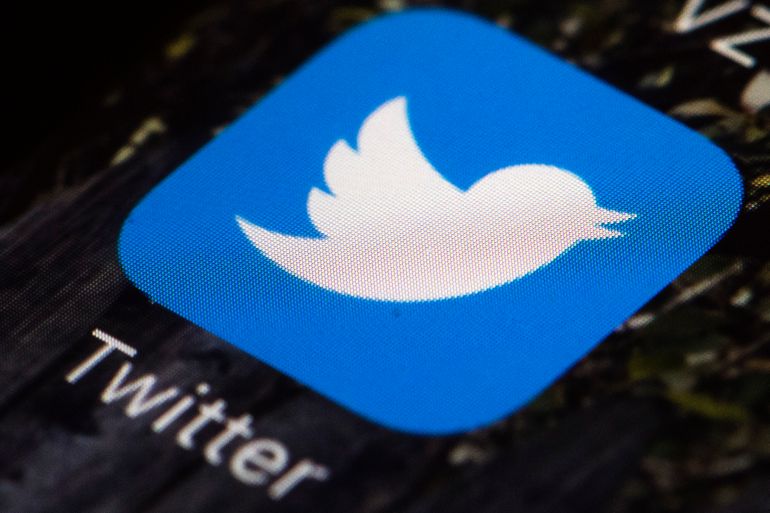Nigerian gov’t says Twitter ban to end ‘very soon’
The suspension of social media giant has hurt Nigerian businesses and drawn widespread condemnation for its damaging effect on freedom of expression.

Nigeria’s government has said it expects to end its ban on Twitter in a “few more days”, raising hopes among users eager to return to the social media platform three months after the suspension took effect.
The ban, announced in June, has hurt Nigerian businesses and drawn backlash among social media users and human rights activists for its damaging effect on freedom of expression and the ease of doing business in Africa’s most populous nation.
Keep reading
list of 3 itemsHow Nigeria’s Twitter ban stands to impact people, businesses
Nigerians breaking Twitter ban rules could be prosecuted
Information Minister Lai Mohammed told a post-cabinet media briefing on Wednesday the government was aware of the anxiety the ban had created among Nigerians.
“If the operation has been suspended for about 100 days now, I can tell you that we’re just actually talking about a few, just a few more days now,” Mohammed said, without giving a time frame.
When pressed further, Mohammed said authorities and Twitter officials had to “dot the I’s and cross the T’s” before reaching a final agreement.
“It’s just going to be very, very soon, just take my word for that,” he said.

The government suspended Twitter in early June after the company removed a post from President Muhammadu Buhari that threatened to punish regional secessionists, which the social media giant said violated its rules. The Nigerian attorney general further said those who defied the ban should be prosecuted.
In response, dozens of Nigerians and a local rights group filed a lawsuit at a regional court seeking to lift the government’s ban on Twitter, describing the decision to suspend the hugely popular social media platform’s operations as an attempt to silence criticism.
At the time of the suspension, Mohammed said the government had acted because of “the persistent use of the platform for activities that are capable of undermining Nigeria’s corporate existence”.
It was a culmination of months of tension. Twitter boss Jack Dorsey’s posts encouraging donations to anti-police brutality protests last October and Twitter posts from Nnamdi Kanu, a Biafran separatist leader currently on trial in Abuja, infuriated authorities.
Last month, Mohammed told Reuters that the Twitter ban would be removed before the end of this year, adding that the government was awaiting a response on three final requests made of the social media platform.
The ban is just one area of concern for free speech advocates. Nigeria dropped five spots, to 120, in the 2021 World Press Freedom Index compiled by Reporters Without Borders, which described Nigeria as one of the “most dangerous and difficult” countries in West Africa for journalists.